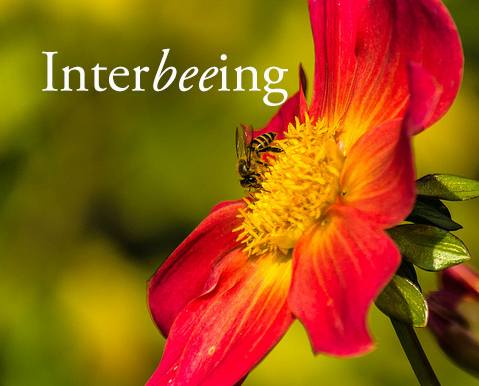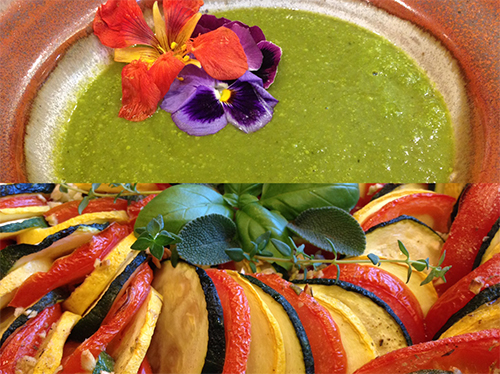savor
Mindful Eating, Mindful Life
savorthebook.com
Read More About
Mindful Eating
Mindful Living
Weight Loss
Exercise
Meditation
Savor the Blog
Posted by Lilian on June 13, 2014
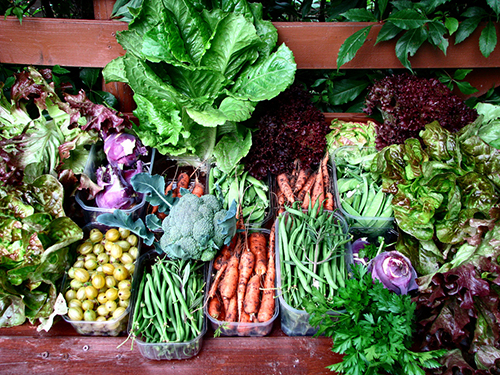
“More Matters;” “Fill Half Your Plate;” “Go for Color.”
Phrases like these, developed and disseminated by public health advocates, have become the rhetoric in nutritional guidance surrounding the consumption of fruits and vegetables—and for good reason!
Posted by Guest on June 6, 2014
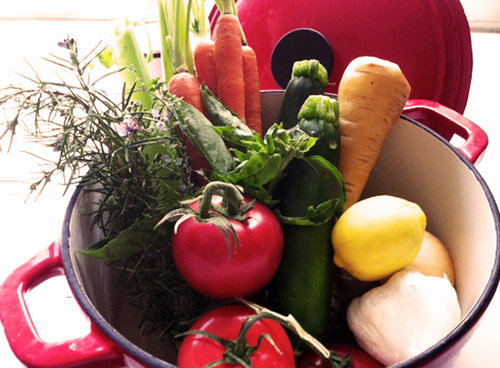
With the arrival of gardens and farmers markets, what’s more appropriate than making a delicious, scrumptious, veggie-filled recipe?
Posted by Lilian on May 30, 2014
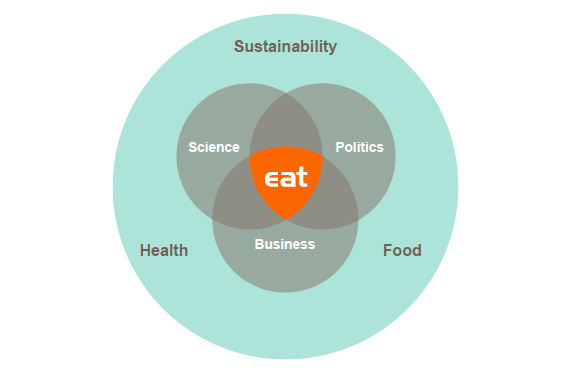
I just returned from Stockholm after attending the 2014 EAT Food Forum. The main objective of the Forum is to generate new, integrated knowledge and insights and to spur innovation along the value chain towards healthier and more sustainable food and production practices.
Participants from all over the world joined in the discussion, including video addresses from Prince Charles of United Kingdom and Margaret Chan, Director-General of the World Health Organization.
Posted by Editor on May 16, 2014
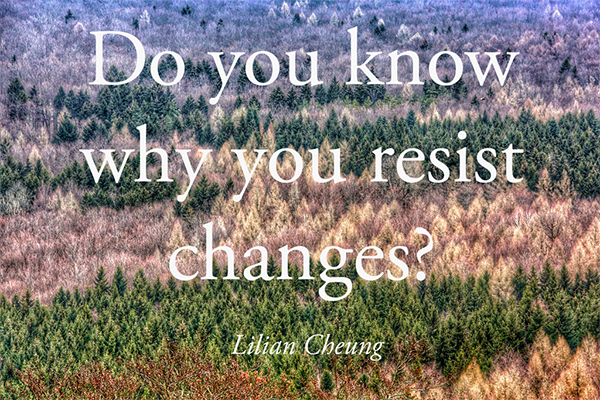 The saying that “we’re creatures of habit” is one we can often relate to. In the unconscious comfort of routine, we mindlessly fall back to what’s familiar, sometimes not even recognizing the habit until we are approaching change. How often do you find yourself resisting trying something new? You may debate in your mind whether or not you should stay in your current job or situation, sticking with the status-quo. Perhaps this dilemma contributes to the stress that you later try to solve with comfort foods.
The saying that “we’re creatures of habit” is one we can often relate to. In the unconscious comfort of routine, we mindlessly fall back to what’s familiar, sometimes not even recognizing the habit until we are approaching change. How often do you find yourself resisting trying something new? You may debate in your mind whether or not you should stay in your current job or situation, sticking with the status-quo. Perhaps this dilemma contributes to the stress that you later try to solve with comfort foods.
Posted by Lilian on May 9, 2014

There are very few activities during our daily lives that keep us totally connected to the present moment without constant practice. Eating can be interrupted by a ringing phone or text, and working can be interrupted by a barrage of pressing emails. However when we engage in exercise and movement, we are automatically bound to that activity, in the flow of every step, jump, stroke, sprint—every moment.
Posted by Lilian on April 25, 2014

It’s well known that happiness and other emotions can affect others through face-to-face interaction, but what happens when the conversation takes place through text on a screen, and our mood is instead represented by :) or :( ?
A recent study shows that moods can, in fact, spread virally through social media.
Posted by Lilian on April 18, 2014
Take a moment to check-in and see how you are feeling after this past work week. Do you feel you have achieved what you intended as you look at the check marks on your to-do list? Did you feel anxious, exhausted, or stressed-out in the process, skipping lunch breaks or staying late?
Posted by Lilian on April 4, 2014

Are you snacking on the run, cramming lunch down during a ten-minute break or mindlessly munching in front of a screen? If so, you’re not alone. Speed eating is all too common in our society. But this habit has many unhealthy side affects: poor digestion, weight gain, discomfort after meals, fatigue. If practiced over time, speed eating may lead to obesity and a severe disconnection with our food, which affects not only our physical but also our mental and emotion health.
Five reasons to slow down:
Pages
SAVOR: Mindful Eating, Mindful Life. Copyright © 2024 by Thich Nhat Hanh and Lilian Cheung. All Rights Reserved. Please review our terms of use
Website design
Mary Pomerantz Advertising




